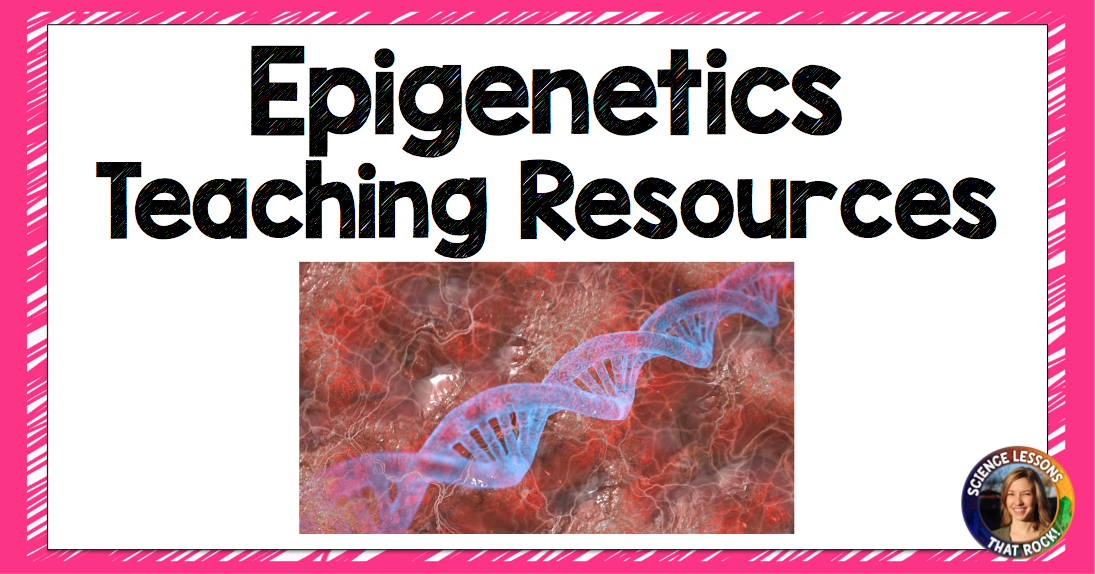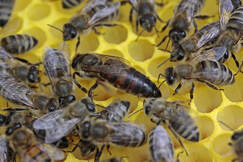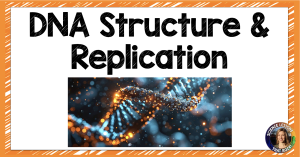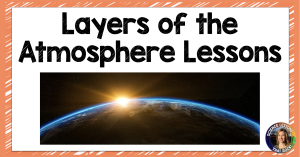The cell membrane, which surrounds the cell, is covered in receptors. They act as antennae so cells can send signals and communicate with one another. Cells respond to environmental signals all the time- examples could include releasing insulin when blood sugar rises, or dividing when cells die and numbers drop. (Because of this, it could be argued that the cell membrane is the control center of the cell, not the nucleus. While the nucleus holds the genetic information that is needed to make proteins, it is the membrane that acts as the guy in charge by receiving signals on how to proceed).
So essentially you could have a gene for something, but unless the cell receives a signal to turn the gene on, (in other words- copy it and turn it into a protein), the gene will remain off. You could very easily have a cancer gene but live your life cancer free if that gene remains turned off. The decisions you make in your life, which influence cellular environmental factors, play a large role in gene expression. Here are some activities you could do with your students to teach them about epigenetics:
2. Case Study: University of Buffalo has a TON of case studies I encourage you to check out. (They are all free, but if you want the answer key there is a yearly subscription fee). One study is called “Identical twins, identical fates?” that explores epigenetics.
4. Partner Activity: This lesson and activity introduces students to epigenetics. Students will read about the agouti mice study (super fascinating!) and then complete a “twin” activity with a partner.
5. Bacteria Culture Lab: If you have time to order supplies, check out this lab from Flinn Scientific. Students will see the effect of temperature on bacteria growth and phenotype (it will change color). You will need to prepare agar slides and have access to an incubator.
7. Queen Bee: Bees are a great example of epigenetics in action. The bees in an entire hive all have the exact same DNA- the drones, worker bees, and Queen are all clones. If they are all clones, then why do they look different and have different jobs? The answer is epigenetics and “royal jelly”. Check out this video you can show students that explains more detail.
8. Documentary: The NOVA documentary “Ghost in your genes” investigates how our “secondary genome” helps determine our biological fates.
9. Epigenetics Game: This game has 4 levels students can work through all dealing with epigenetics.
10. Histone Model: In this download from University of Utah, you can have students build a paper histone model.











